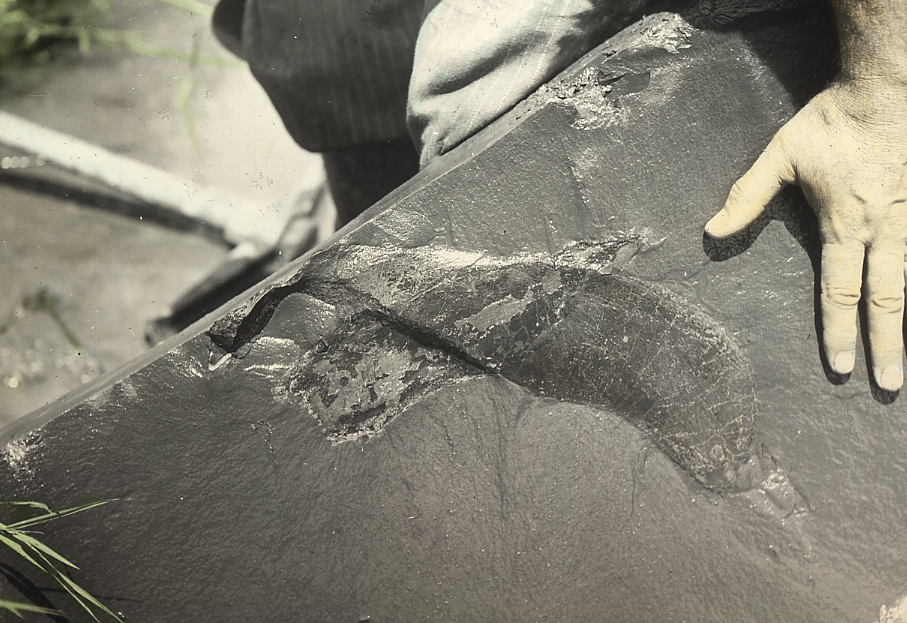The Western structure of consciousness is bent, however inadvertently, on unleashing chaos in the name of the order of a well-made world. If this is true, contemporary literature cannot afford the luxury of the symbolist, or , as I prefer to call it, the iconic literary aesthetic nor of its "postmodern" variants. For ours is no time for psychic flights, for Dedalean "seraphic embraces," however enticing they may be. Neither, for that matter, despite its more compelling claim as an authentic possibility, can it afford the luxury of the aesthetic implicit in the concept of the later Heidegger's Gelassenheit (that receptivity which might disclose the Being of Not-being and thus the sacramental at-homeness of the non-at-home), the aesthetic of "letting-be" or, perhaps, of letting Being be, that Nathan Scott seems to be recommending in his important recent books, Negative Capability and The Wild Prayer of Longing. For, in the monolithic well-made world that the positivistic structure of consciousness percieves--and perceiving, creates--it is the Detective who has usurped the place not only of God but of Being too as the abiding presence and, therefore, has first to be confronted.Where does this line go before Shakespeare? Perhaps a number of writers are going to end up for various reasons on both sides of the line. Margery Kempe for being disruptive, but for having such a conventional narrative and submitting to the amanuensis, perhaps not. Julian, yes and no. The formal aspects of Langland's allegory--yes! spinning wildly out of control and dreams being accounting! But for his signature MEDIEVAL view of kingship and institutions, perhaps not. As for older material--the language of the Old English Riddles seem ripe for disrupting consciousness and knowledge in relation to poetics. What if guessing the right answer is not even secondary? Historiographical impossibility if one asserts the alterity and homogeneity of the middle ages. If not, capacity for a new historiographical poetics of modernism continuing in the 20th century.
Our time calls for an existence-Art, once which, by refusing to resolve discords into the satisfying concordances of a telos, constitutes an assault against the art-ificialized Nature in behalf of the recovery of its primordial terrors. The most imeediate task, therefore, in which the contemporary writer must engage himself--it is, to borrow a phrase ungratefully from Yeats, the most difficult task not impossible--is that of undermining the detective-like expectations of the positivistic mind, of un-homing Western man, by evoking rather than purging pity and terror--anxiety. It must, that is, continue to inconoclastic revolutionbegun in earnest after World War II to dislodge or, to be absolutely accurate, to dis-occident the objectified modern Western man, the weighty, the solid citizen, to drive him out of the fictitious well-made world, not to gathered [and I, Dan, re-cite this allusion for Eileen Joy] into the "artifice of eternity," but to be exposed to the existential realm of history, where Nothing is certain. For only in the precincts of our last evasions, where "dread strikes us dumb," only in this silent realm of dreadful uncertainty, are we likely to discover the ontological and aesthetic possibilities of generosity.
In this image-breaking enterprise, therefore, the contemporary writer is likely to find his "tradition," not in the "anti-Aristotelian" line that goes back from the Concrete poets to Proust, Joyce, and the imagists, Malarmé, Gautier, and Pater, but in the "Anti-Aristotelianism" that looks back from Beckett, Ionesco, and the Sartre of Nausea and No Exit through the Eliot of Sweeney Agonistes, some of the surrealists, Kafka, Pirandello, Dostoevsky and the "loose, and baggy monsters" of his countrymen, Dickens, Wycherley and--with all due respect to the editor of the Daily News--the Shakespeare of King Lear, Measure for Measure, and the Ironically titled All's Well that Ends Well, in which one of the characters says:They say mirales are past, and we have our philosophical persons to make modern and familiar things supernatural and causeless. Hence it is that we make trifles of terrors, ensconcing ourselves into seeming knowledge when we should submit ourselves to an unknown fear.
For the medievalist, or the poet who would listen to the medieval, it is a question of a historiography not interested in detecting what happened--in providing the solution, but of dividing the medieval to disturb the modern (so, of course, the both and of the continuity with the middle ages that the students of modernism the american academy still fear in almost any case because of its former association with a desire to affirm a continuity of christianity at the expense of the hard won virtues of humanisms in the renaissance--a la C.S. Lewis--; and the discontitunity associated with a Neitzschian 'genealogy' a la Foucault where history is not for knowledge but for cutting--a paraphrase I owe to former instructor at Pittsburgh Mark Lynn Anderson...again, both and on these counts). How does the medieval disrupt the well-made world, tear an abyss in its veil, in a way that burns with an intense pleasurable radiance, and not only with anxiety? What are the enticements of unhoming that the medieval can offer the modern, as a practice of modernism that I would like to continue today? And, where have these lovely statements and demands for poetics gone? And let medievalists start telling the poets what to do.

No comments:
Post a Comment